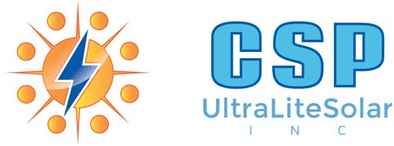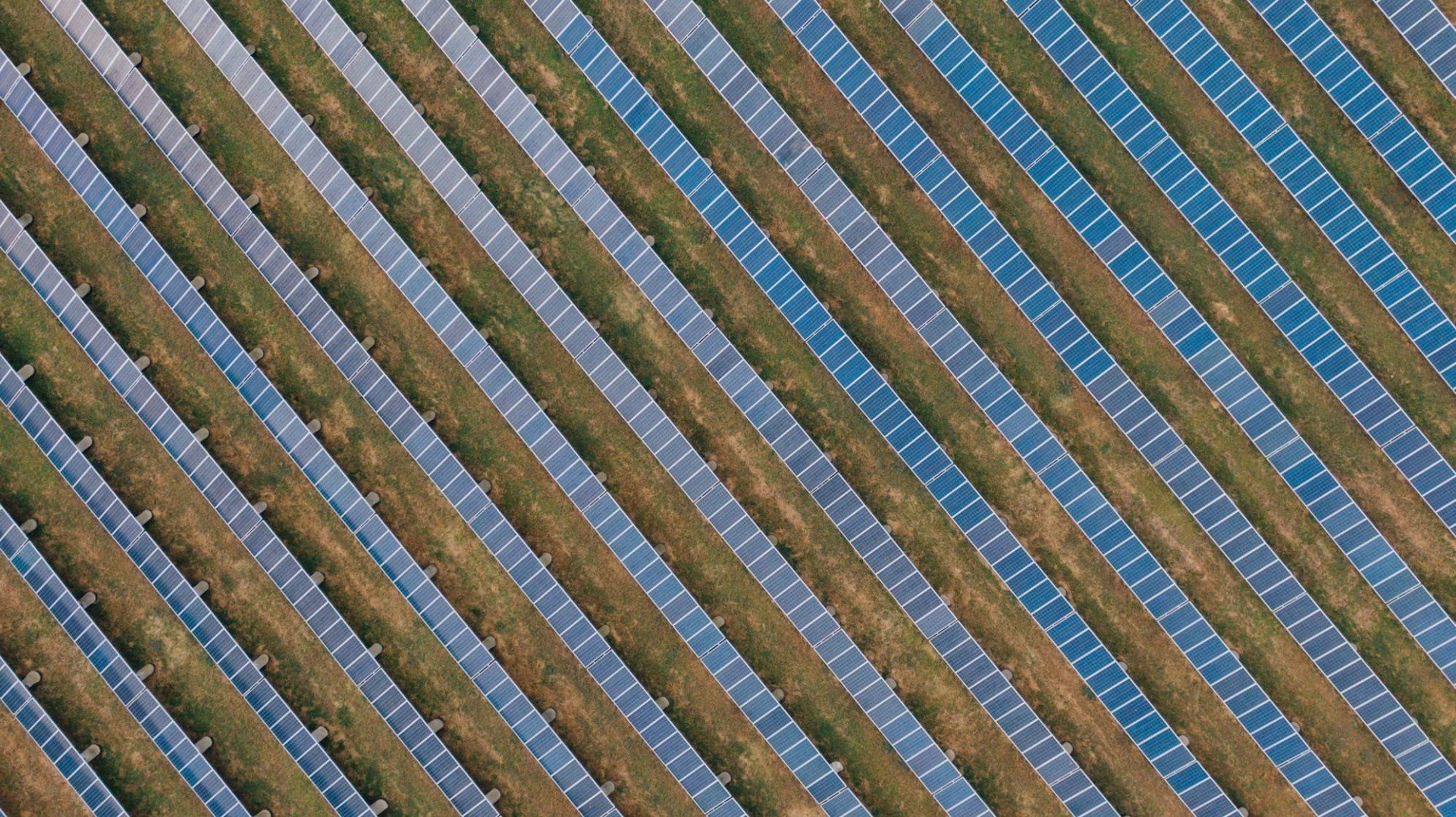Technology Validation
The Demands of Global Energy Consumption
CSP ULTRALITESOLAR INC was founded with more than money in mind. We want to supply real, tangible solutions for genuine, critically important problems. Few issues generate as much urgency as the need for clean, renewable power. Solar bombards the Earth with 8,000 times more energy than our global energy consumption needs require, and we can harness it with sufficiently advanced technology.
When we look at the energy mix for the future, we will have no option but to adopt solar on a massive scale. Our company offers a way to make a significant contribution to our future energy mix with a clean, renewable energy source that is available nearly 100% of the time for many locations on Earth. Most importantly, our low-cost solar technology breakthrough makes it possible to start deploying this technology today.
Proven Value & Validation
You don't have to take our word for it when we say that our work offers promising solutions for the future. We welcome independent, expert-reviewed technical validations. Below are some of the results we've gotten since the year 2,000 when our company was known as SHEC.
Engineering Firm Validations:
In 2000, Wardrop, a large Canadian engineering firm, conducted our first independent technical validation of a small bench scale thermochemical reactor to produce hydrogen. Click here to view the document.
In 2001, Giffels Associates Limited, another large Canadian engineering firm with operations in the US and the Middle East, conducted our second independent validation on a much-improved bench scale process with about 100 times the production capacity, proving the scalability of the technology. Click
here to view the document.
In 2004
Giffels Associates Limited performed independent technical verification of our solar powered field system that had been deployed in Tucson Arizona. This system involved an advanced high ratio solar concentrator capable of amplifying sunlight by 5,000 times and an advanced solar receiver capable of capturing this intense sunlight without destruction or deterioration. The solar receiver was coupled with a thermochemical reactor to produce hydrogen from methane and water. The solar receiver could have as easily been coupled to a heat engine or steam generator.
The system once again had about a 100 times improvement in production capacity in a footprint many times smaller than the predecessor bench-scale model. In addition to this, the system was solar powered by an array of sunlight focusing mirrors. Giffels was so impressed with our progress and technology, and its commercial readiness, that they subsequently became a strategic partner to SHEC. Giffels is now our engineering firm of record and our project manager for deploying these systems globally. They complement our efforts with a workforce of 1,200 engineers, scientists, and project managers.
Government Validations:
In addition to the above independent technical validations performed by large reputable engineering firms, the Canadian Federal Government undertook their own technical validations to provide us with grants.
In 2002, Dr. Martin Hammerli from Natural Resources Canada inspected our technology in depth before committing 100% of his personal budget in the form of a repayable grant to SHEC. Although the reimbursable grant was only for $200,000, it would open the door for potentially more substantial funding from the federal government providing SHEC was able to meet certain technical advancements on time and on budget with the grant provided. SHEC was on time and on budget and exceeded the professional objectives.
Sustainable Development Technology Canada
In 2005, Sustainable Development Technology Canada (SDTC) awarded a grant of over $2 million to SHEC after a team of scientists from SDTC performed their own technical due diligence of our solar-based thermochemical hydrogen generation. They also inspected our laboratory facilities and operations.
German Grant
In addition to the above, the Government of Germany had sent an engineer to check out our pilot plant. After some technical due diligence, he indicated that was one of the best technologies he had seen. Although the company was not given any type of technical validation report, within two weeks after their due diligence, the company was awarded a grant for 25 million Euros (about $40 million). That is quite a validation report.
This grant had been matched with about 37.5 million Euros. Although the grant match was never achieved, the award of such a large grant lends credence to the validation of the technology. Click here to view the document.
SRC - Saskatchewan Research Council
Sheldon Hill, Professional Engineer and Manager of the Alternative Energy Business Unit at the Saskatchewan Research Council, has conducted a high-level technology review of SHEC Energy's new Ultra Lite technology. Click here to view the document.
Although the Company was award these grants from SDTC and Germany, the company could not provide the matching funds, therefore the funds from these grant awards were not realized.
CSP Ultra Lite Solar. All Rights Reserved



